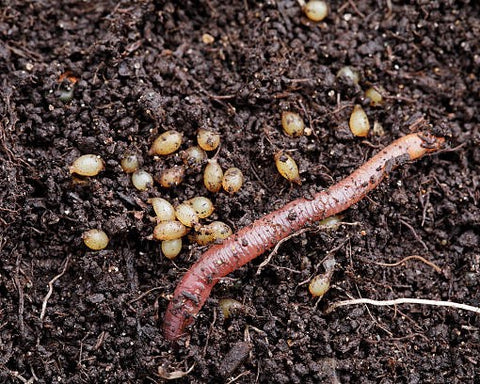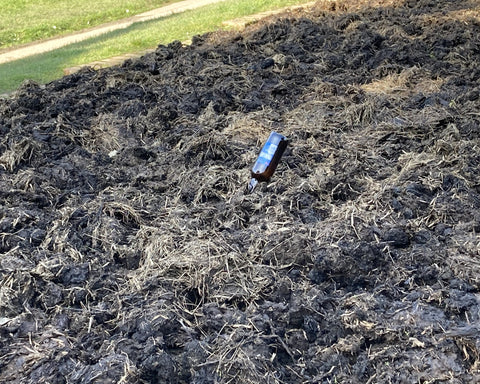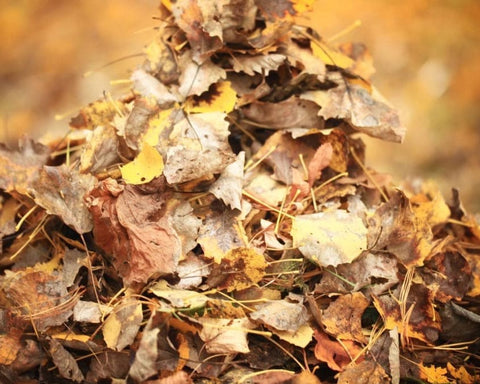+91 9493616161
+91 9493616161

Organic matter consists of plant and animal materials in various stages of decomposition. When added to the garden soil, it provides numerous benefits:

1. Compost: Compost is decomposed organic matter, and it's one of the most beneficial amendments you can add to your soil. It's rich in nutrients and microorganisms that help plants grow. For detailed guides on making and using compost
 .
.
2. Well-Rotted Manure: This is manure that has been aged and decomposed, making it safe and beneficial for garden use. It's a great source of nutrients and organic matter.

3. Leaf Mold: This is decomposed leaves that provide a fantastic source of organic matter and can improve soil structure and water retention.

4. Green Manures: These are cover crops grown to be incorporated into the soil as a source of organic matter. They also help suppress weeds and prevent soil erosion.
Kadiyam Nursery recommends incorporating organic matter into your soil at least once a year to maintain soil health. Here are some steps to follow:
Composting is a key process in converting kitchen scraps and yard waste into valuable organic matter for your garden. Here are some tips to get you started:
For more detailed guides on composting, check out trusted websites like The Spruce or Gardener's Supply Company.
Incorporating organic matter into your garden soil is a vital practice for promoting soil health and plant growth. By following the recommendations from Kadiyam Nursery and utilizing resources from trusted websites, you can enhance the fertility and structure of your soil, leading to a more productive and sustainable garden.
Leave a comment